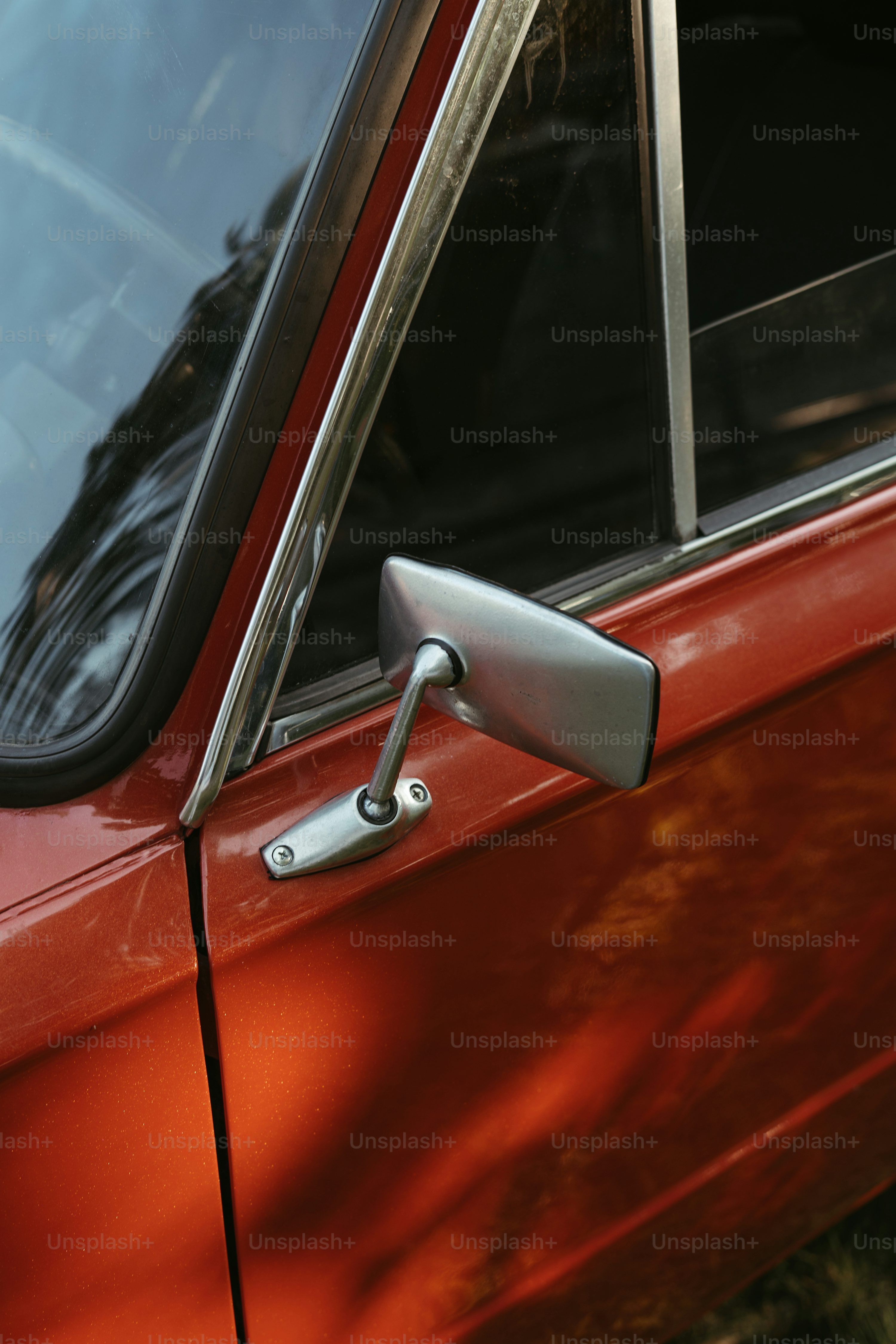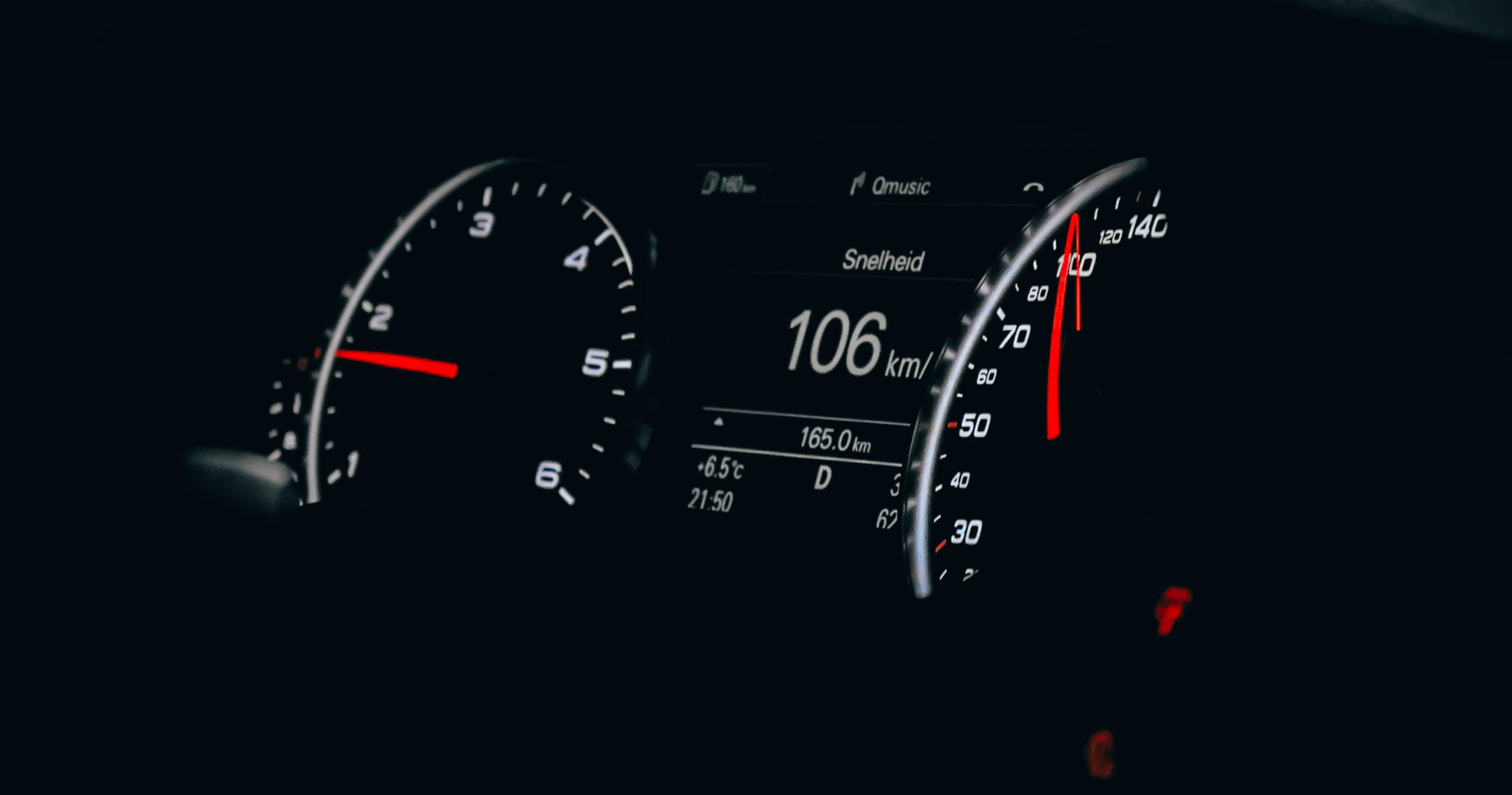- 2 Practical Methods to Find Vehicle Information
- Alternative Verification Options
- What Details You CAN'T Access
- FAQ
Need to know important details about a car but can't find its chassis number? Don't worry! This guide shares easy and reliable methods to check vehicle details without it.
2 Practical Methods to Find Vehicle Information
Sometimes you need to find out about a car, but you don't have its chassis number. Luckily, there are a couple of very simple and practical ways to get the basic vehicle details you need. These methods often use information that is easier to find.
Check via License Plate Number
Using a car's license plate number is often the quickest way to get some fundamental facts. Many official government websites for transportation or motor vehicles offer a way to look up car details using just its license plate number. This can be a very quick first step.
These sites often let you:
Access basic ownership history: You can often see who the car is registered to, or at least confirm if the current owner's name matches official records. This helps ensure the person selling the car is the rightful owner.
View registration status: You can quickly check if the car's registration documents are current and valid. An expired registration can mean troubles later on.
Verify insurance validity: Some systems might even let you confirm if the car has valid insurance coverage, which is very important for legal driving.
Check outstanding recalls: It's also possible to find out if the car has any open recalls from the manufacturer. Recalls mean there's a safety issue that needs fixing, and the manufacturer wants to fix it for free.
Beyond government sites, several online databases and specialized services allow you to check vehicle details using just the license plate. Websites like AutoCheck or MyCarStatus, and similar services available globally, can provide more detailed vehicle history reports. Be aware that these services often charge a small fee for their full online databases and detailed information. This fee might be, for example, around 10 AED/SAR to 50 AED/SAR, depending on the service and the depth of the report.
Use VIN Instead of Chassis Number
While a chassis number is part of a car's identity, the Vehicle Identification Number (VIN) is a much more complete and globally recognized identifier. This unique 17-digit code holds a lot of information about a car. It's often even more useful than just a chassis number for getting extensive vehicle details.
A VIN can give you access to very specific and important information, such as:
Accident history reports: A VIN can unlock detailed vehicle history reports that show if the car has been in any major accidents, had structural damage, or was rebuilt after severe damage.
Manufacturer specifications: You can find out the exact specifications when the car was first made. This includes engine type, original color, and specific features that came from the factory.
Service records: In some cases, using the VIN, you might be able to access parts of the car's service history, like past maintenance and repairs done at official dealerships.
Theft database checks: The VIN is key for checking if a car has been reported stolen or has any other major legal issues, like being a salvage car.
It's easy to find the VIN on almost any car. Look for it in these common spots:
Dashboard (driver's side): You'll often see it on a small metal plate visible through the windshield on the driver's side dashboard, near where the hood meets the glass.
Door jamb sticker: Another common place is on a sticker located on the driver's side door jamb, which is the frame of the door when it's open. This sticker often includes important vehicle details and safety information.
Insurance documents: Your registration documents and car insurance papers will always list the car's VIN, making it a reliable place to check.
Alternative Verification Options
Sometimes, the usual online methods might not give you all the information you need, or you might prefer to get official details. In such cases, there are other reliable ways to verify vehicle details.
Contact Your Local DMV
When you need official or deeper insights, reaching out to your local Department of Motor Vehicles (DMV) or equivalent motor vehicle agency is a reliable option. These government offices can provide specific vehicle details that might not be available elsewhere, especially if you need certified information about a car.
Motor vehicle agencies can often help with:
Confirm ownership through ID verification: They can help you confirm the car's legal owner, especially if you prove your identity and have a valid reason for the inquiry. This is crucial for buying or selling a car safely.
Provide registration abstracts: You can request official copies or abstracts of the car's registration documents, which list important vehicle details like previous owners, registration dates, and sometimes even past mileage readings.
Share safety inspection records: They may also have records of past safety inspections, showing if the car has met certain safety standards over time. This helps you check if the car is roadworthy.
Use Mobile Verification Apps
In today's digital world, many mobile applications can help you quickly check basic vehicle details. These apps often make the process easy and instant, putting car information right at your fingertips.
Consider trying these helpful tools:
Carfax Mobile (global): Apps like Carfax Mobile are widely used and can provide quick access to vehicle history report summaries, including accident data, for cars around the world. These reports are pulled from vast online databases.
AutoDNA Scanner (Europe/Asia): Other apps, like AutoDNA Scanner, are popular in specific regions such as Europe and parts of Asia, offering insights into a car's past from various online databases and official records.
PlateRecognizer (photo-based lookup): Some newer apps, like PlateRecognizer, even let you take a photo of a license plate to recognize it and then look up available public information about the car. This can be a very handy tool for on-the-spot checks when you don't have time to type in details.
What Details You CAN'T Access
While the methods above are powerful for getting many vehicle details, it's important to understand that some very specific data usually requires the full chassis number or specialized access. Without this unique identifier, you likely won't be able to find:
Factory production data: Very precise details about the car's exact production line, specific manufacturing batch, or internal factory codes are often linked directly to its chassis number.
Specific part manufacturing details: Information about when each individual part of the car was manufactured or its specific part number often requires the chassis number for tracking through specialized databases.
Customs import/export records (for international vehicles): For cars that have been imported or exported across countries, detailed customs records that track their movement usually rely on the full chassis number, especially for international vehicle details and tax purposes.
FAQ
Q:Can I get engine details without chassis number?
A: Yes, absolutely! The Vehicle Identification Number (VIN) is your best friend here. Many free and paid online VIN decoder tools allow you to type in a car's VIN. These tools can then tell you important vehicle details about the engine, such as its type, size (called displacement), and often even the year it was manufactured. This makes it easy to check engine specifications.
Q:Are free vehicle check services reliable?
A: Free vehicle check services can be a good starting point for getting basic public data about a car, like its make, model, and year. However, for a complete and reliable vehicle history report, especially if you're planning to buy a used car, it is generally much better to use paid platforms. These paid services often offer more in-depth information, cover more online databases, and sometimes even come with money-back guarantees, giving you peace of mind and more accurate vehicle details.
Q:How to verify a used car's mileage without chassis info?
A: Verifying a used car's actual mileage is very important to avoid fraud. You don't always need the chassis number for this. The best ways are to check the car's service records by using its Vehicle Identification Number (VIN) through an online service or by asking the dealer for the maintenance history. Often, official dealerships keep a record of all services performed on a car linked to its VIN. Sometimes, if you have the license plate and registration documents, a dealer or even some local motor vehicle agencies can help you retrieve past mileage entries from official inspections.
Read More:
Toyota Veloz vs Xpander 2025:A Family MPV Comparison Guide
2025 Toyota Raize Length:5 Ways to Maximize Your Compact SUV












